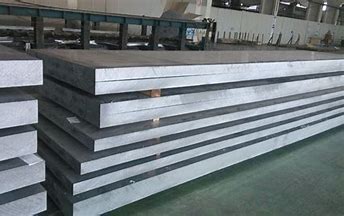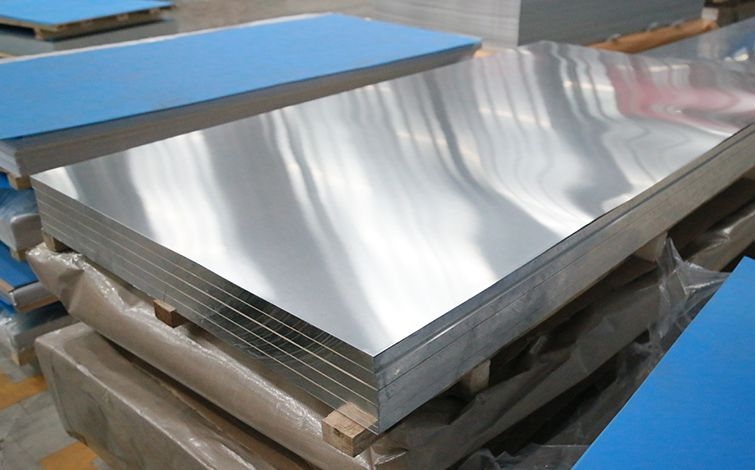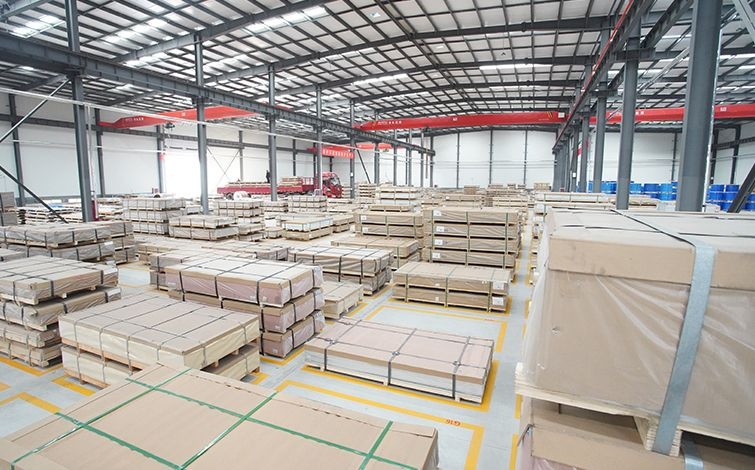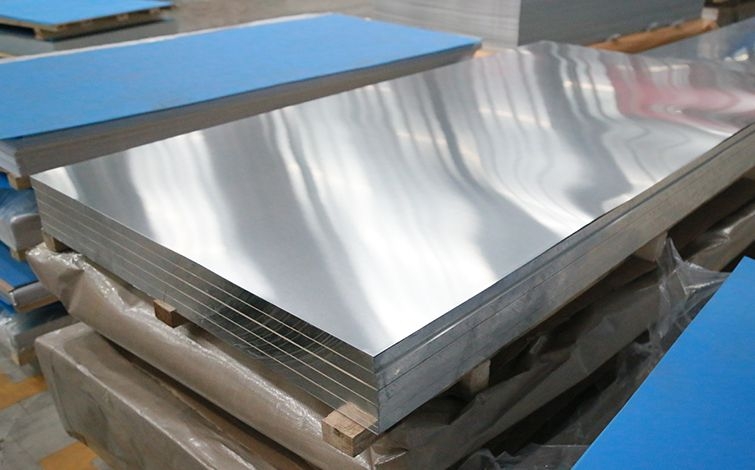



When it comes to welding aluminum, choosing the right wire diameter is crucial to ensure a strong and durable weld. One of the key factors that determine the appropriate wire diameter is the thickness of the aluminum material being welded.
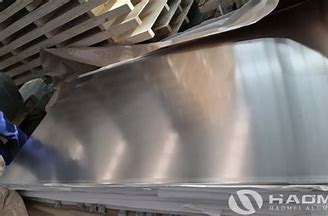
For thin aluminum sheets, a smaller diameter wire is recommended. This is because thinner wires require less current to melt, reducing the chances of burning through the material. Additionally, thinner wires tend to have a more precise and stable arc, which allows for greater control during the welding process. This is important when welding thin materials, where precision is essential to avoid warping or distorting the metal.
On the other hand, thicker aluminum materials require a larger diameter wire. This is because thicker wires can handle higher welding currents, which are necessary to melt the thicker aluminum material. They also provide better penetration, which is important in ensuring a strong weld. With thicker materials, it is important to ensure that the weld penetrates deep enough to create a strong bond between the metal pieces.
It is important to note that choosing the right wire diameter is not the only consideration when welding aluminum sheets. The type of wire and shielding gas used can also affect the quality of the weld. It is important to choose a wire that is specifically designed for welding aluminum, as using the wrong type of wire can lead to weak or brittle welds. Additionally, the use of a shielding gas such as argon is recommended to protect the weld from oxidation and other contaminants.
In summary, when welding aluminum, the thickness of the material being welded is a critical factor in determining the appropriate wire diameter. For thin materials, a smaller diameter wire is recommended for greater precision and control, while thicker materials require a larger diameter wire to handle the necessary heat input and provide better penetration. It is important to also consider the type of wire and shielding gas used to ensure a strong and durable weld.
* Thank you for your inquiry. Please provide your business needs information so that we can better serve you.
This information can help us assign the most suitable person to solve your problem. We will give you feedback within 1-2 working days.
Related Blog
